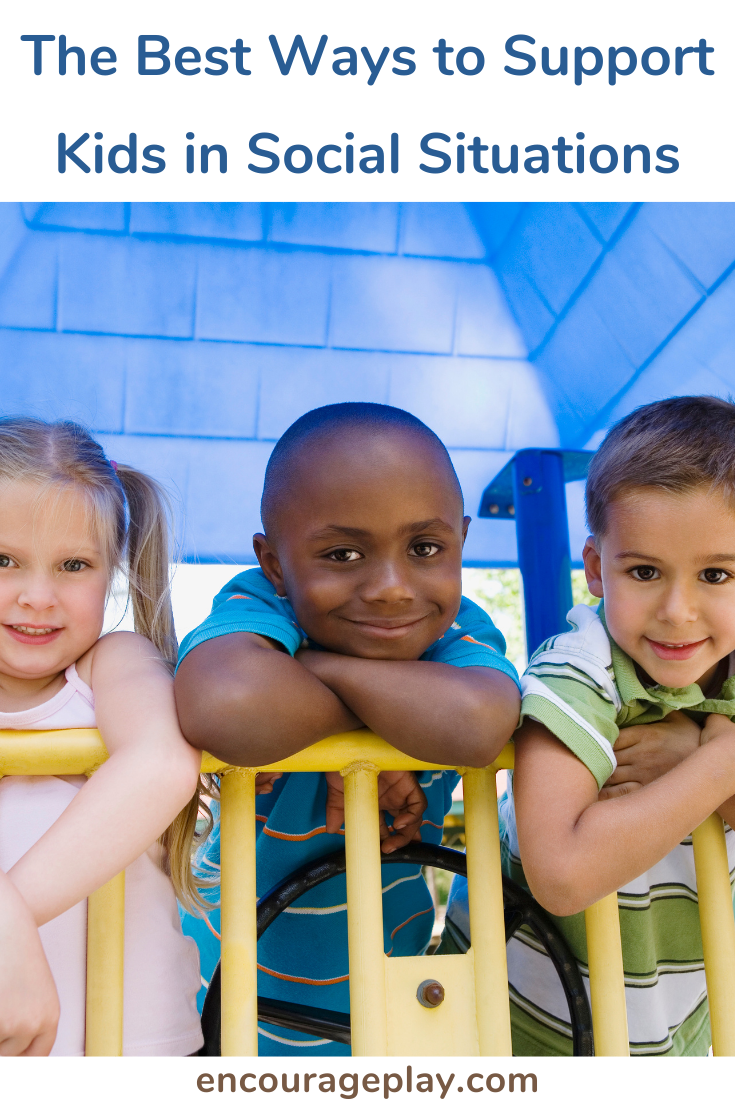I was invited to join a group of wonderful bloggers to write for the series Happy New Year, Healthy Kids. This series is focused on ways we can help our kids be happy and healthy in this new year. But what do social skills and friendship have to do with health?
Think for a minute about the positive friendships in your life. Healthy friendships provide support, make you feel connected with others, reduce your stress and increase your happiness. It’s so wonderful to have these people around you! In order for kids to start and maintain friendships so they can experience these benefits too, kids need to learn social skills and how to interact positively with others.









